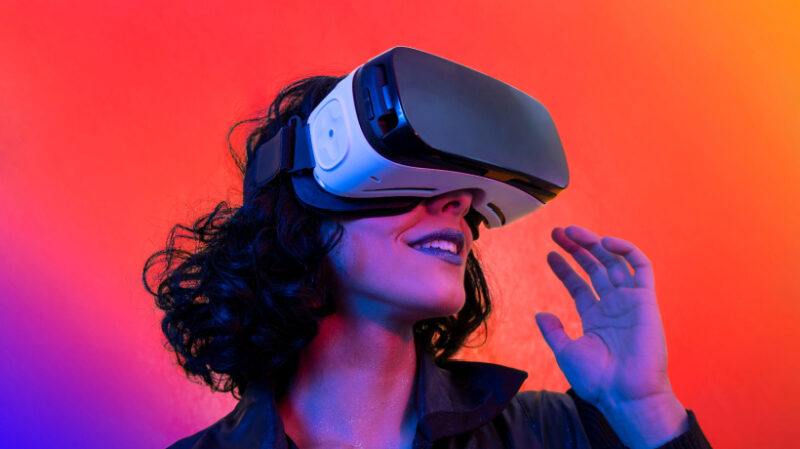
Immersive Learning Strategies For Innovative Experiential Education
Immersive learning is rooted in constructivist theories that prioritize active participation and personal engagement over passive absorption of information. By utilizing techniques such as Virtual Reality (VR), Augmented Reality (AR), simulations, and role-playing, educators can create dynamic environments where students can practice skills and problem-solving in safe yet challenging contexts.
Implementing Immersive Learning In Education: Practical Applications
Integrating immersive learning into educational settings involves aligning specific learning outcomes with appropriate immersive technologies. For example, business students can engage in virtual simulations of market scenarios to develop strategic decision-making skills, while language classes can use AR applications to immerse students in cultural contexts to enhance their linguistic capabilities.
Benefits Of Experiential Education: Enhancing Student Engagement And Retention
Immersive learning increases student engagement by stimulating curiosity and fostering a sense of agency. Research shows that hands-on experiential education improves information retention and problem-solving skills, while also developing soft skills like teamwork and adaptability.
Challenges And Considerations: Navigating Barriers To Implementation
Implementing immersive learning can face challenges such as budget constraints and varying levels of technological proficiency. Educators need to address these barriers through professional development, resource allocation, and creating a culture of innovation.
The Future Of Immersive Learning: Trends And Innovations
Rapid technological advancements in Virtual and Augmented Reality, AI, and gamification are shaping the future of immersive learning in education. These innovations are making immersive experiences more accessible, personalized, and engaging for students, paving the way for a diverse and inclusive educational landscape.
Conclusion
Immersive learning offers a transformative opportunity for educators to bridge the gap between theory and practice, empowering students to take an active role in their education. By embracing immersive learning strategies, we can prepare students for a future where adaptability, critical thinking, and collaboration are essential skills.



